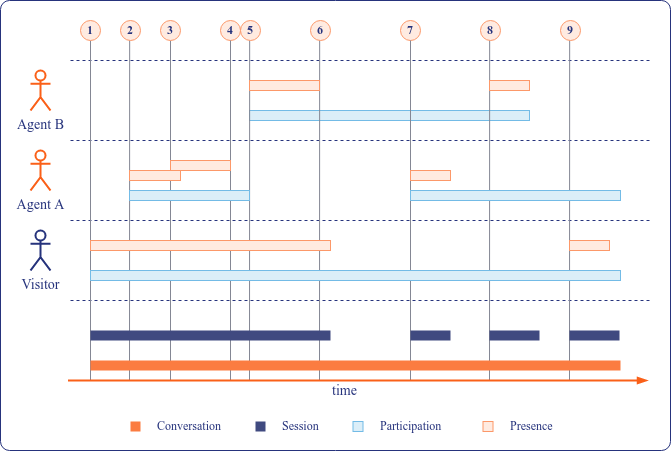Lying in relationships is more common than we’d like to admit. These untruths may range from harmless white lies to significant deceptions, each carrying its consequences. Whether to protect your partner’s feelings, avoid confrontation, or escape accountability, lying can strain the trust and connection that hold a relationship together. Below, we delve into ten ways people lie about their relationships, provide practical examples, and share actionable tips to address and prevent dishonesty.
1. Pretending Everything Is Perfect

Many couples portray their relationship as flawless, especially on social media. Behind the scenes, however, they may struggle with unresolved conflicts or dissatisfaction.
Example: Posting smiling photos with captions like “Couple goals” while privately arguing about finances or intimacy.
Actionable Tip: Have open and honest conversations about your challenges. Recognize that every relationship has flaws, and it’s okay to seek help, like couples’ therapy.
2. Exaggerating Happiness
People often claim they’re “happier than ever” to avoid addressing their unhappiness.
Example: Telling friends, “We’ve never been better,” while secretly feeling neglected or unfulfilled.

Actionable Tip: Journaling your feelings can help you identify the root of your discontent and allow you to communicate honestly with your partner.
3. Hiding Financial Problems
Money is one of the leading causes of conflict in relationships. Hiding debts, overspending, or secret savings accounts can erode trust.
Example: Saying, “I’ve got it covered,” when you’ve maxed out your credit card.

Actionable Tip: Create a joint budget and review it monthly. Transparency about finances builds mutual trust.
4. Faking Agreement
To avoid arguments, people may lie about agreeing with their partner’s opinions or decisions.
Example: Saying, “I love your plan for the vacation” when you dislike the destination.

Actionable Tip: Practice respectful disagreement. Use “I” statements to express your perspective, like “I feel more excited about another destination.”
5. Concealing Past Relationships
Some people downplay or entirely omit details about past relationships to avoid jealousy or judgment.
Example: “We dated for a few weeks” when the relationship actually lasted a year.

Actionable Tip: Be honest about your past. Frame it as a part of your growth without unnecessary details that might hurt your partner.
6. Downplaying Relationship Problems
When discussing their relationship, people might gloss over significant issues to appear more stable.
Example: Telling family, “We’re fine” despite ongoing communication problems.
Actionable Tip: Seek advice from trusted confidants or professionals rather than bottling up issues.
7. Misrepresenting Intentions
This involves lying about what you want in the relationship to avoid difficult discussions.
Example: Claiming to want kids when you’re unsure or opposed to the idea.

Actionable Tip: Revisit your goals as a couple regularly to ensure alignment. Be honest about your changing priorities.
8. Hiding Emotions
Instead of admitting their true feelings, people often suppress them to maintain peace.
Example: “I’m not mad” when you’re actually hurt by a comment.

Actionable Tip: Use non-confrontational language to express emotions, such as “I felt upset when….”
9. Pretending to Be Someone Else
People may lie about their interests or personality to impress their partner.
Example: Claiming to love hiking when you’d rather stay indoors.

Actionable Tip: Share your authentic self from the beginning. Compatibility grows stronger with honesty.
10. Avoiding Difficult Conversations
One of the most common lies is avoiding the truth about sensitive topics.
Example: “Everything’s fine” to avoid discussing unresolved conflicts.
Actionable Tip: Set aside dedicated time for open communication. Use prompts like, “What’s been on your mind?”

Final Thoughts
Lying in relationships may seem like a shortcut to harmony, but it creates a web of mistrust that can eventually unravel the connection. By recognizing these common lies and implementing actionable solutions, you can nurture a relationship rooted in honesty and mutual respect. Remember, a strong relationship isn’t one without challenges but one where both partners feel safe to face them together.
